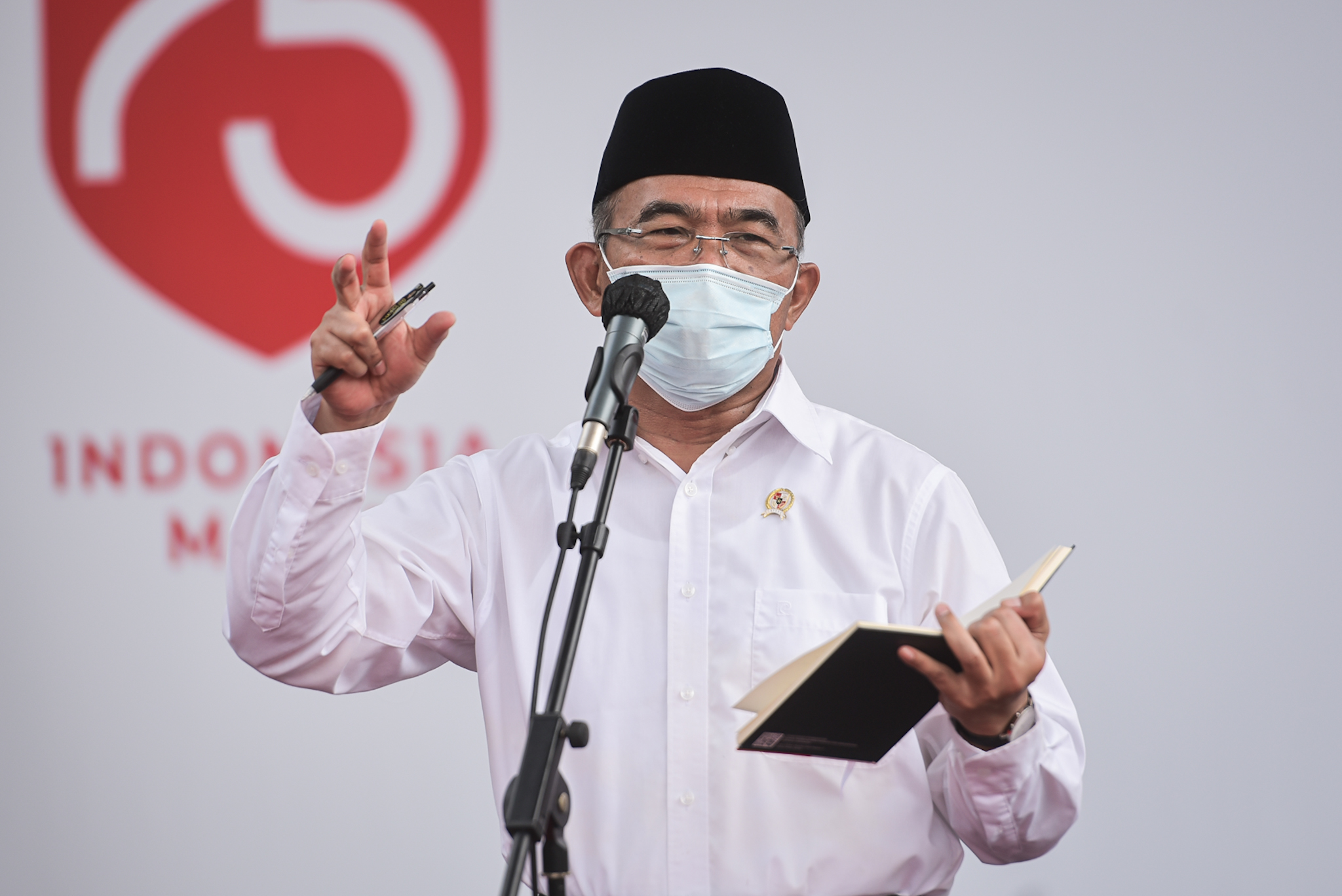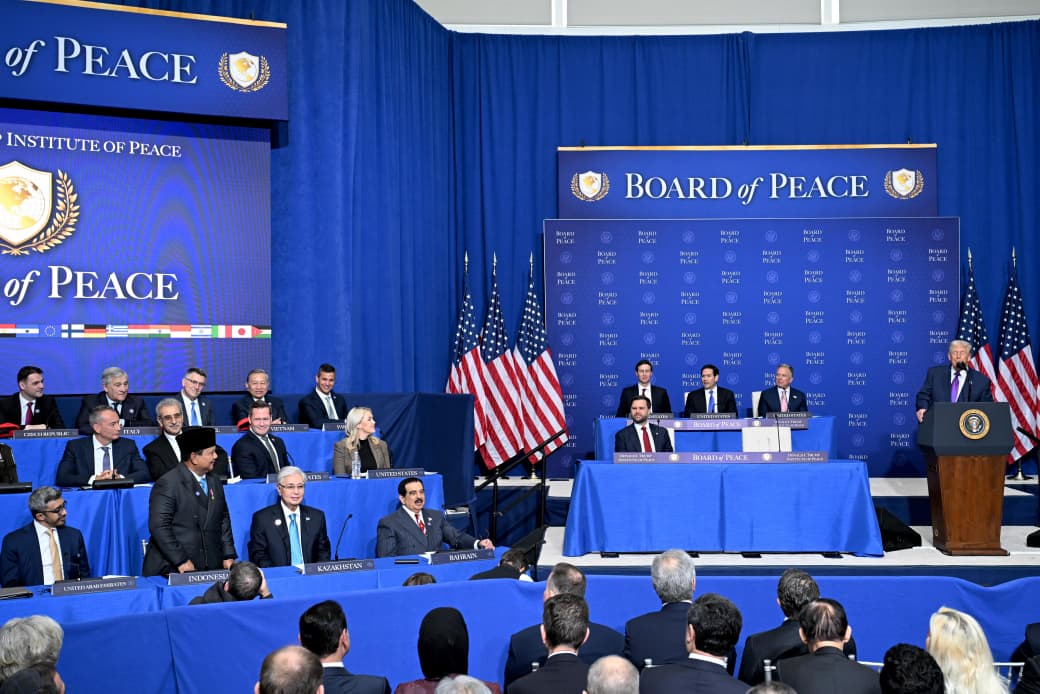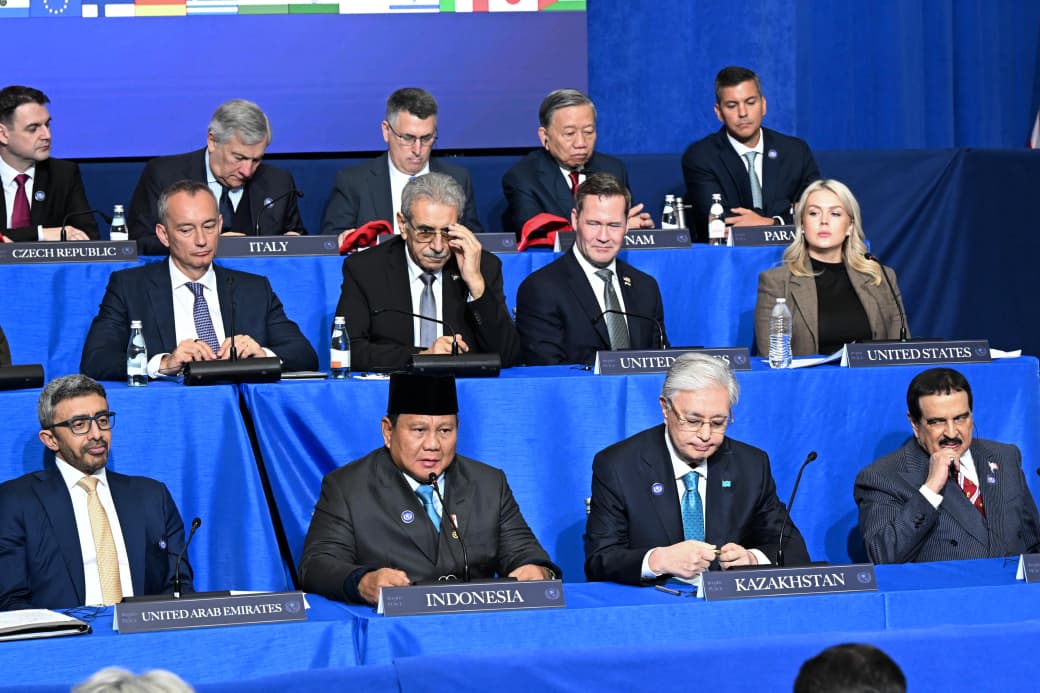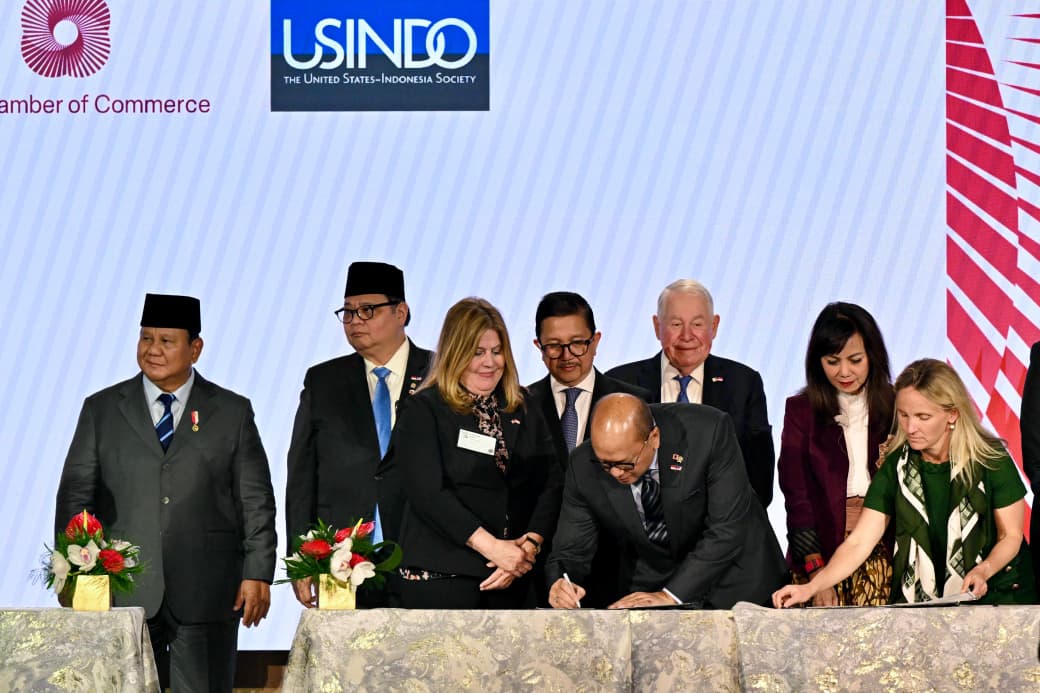Gov’t: Vaccination Aims to Reduce Health, Socio-Economic Risks

Coordinating Minister for Human Development and Culture Muhadjir Effendy (Photo by: Documentation of Cabinet Secretariat, Public Relations Division)
The vaccination aims to reduce health risks and minimize COVID-19 associated socio-economic risks, Coordinating Minister for Human Development and Culture Muhadjir Effendy has said.
“The aims of vaccination are to reduce morbidity and mortality caused by COVID-19, achieve herd immunity, protect and strengthen the health system as a whole, boost economic productivity, and minimize the negative impacts due to economic hibernation in Indonesia,” Muhadjir said in an online press conference, on Monday (07/12), following up the arrival of COVID-19 vaccine in the country.
For the record, 1.2 million doses of ready-to-inject COVID-19 vaccine produced by the Chinese pharmaceutical company Sinovac Biotech arrived in Indonesia on Sunday (06/12). Meanwhile, another 1.8 million doses of vaccine will arrive in January next year.
The vaccine, the Coordinating Minister said, will be prioritized for several groups, namely those who work at the forefront such as medical officers and field workers; high-risk groups, such as those with a history of comorbidities and the elderly; and the risk group after contact tracing and the family of contact cases.
Apart from priority groups, Muhadjir said, based on President Joko “Jokowi” Widodo’s mandate at the Cabinet Meeting, the vaccination must also take into account the factor of geospatial setting and the location where the possible accumulation of virus particles may occur.
“So, utilization of the vaccine will be really efficient and right on target. But they are really selected based on who is at the most forefront, who is very vulnerable as a person who will be next infected, as well as the spreader,” he said.
The vaccination, Muhadjir went on to say, will also be done by considering the level of exposure to COVID-19 in Indonesian regions. So, he added, the mapping for the location selection of vaccination needs to be considered carefully.
“We also need to consider the level of mobility of the population from one place to another,” he said.
Regarding the prerequisites for the halalness of the Sinovac vaccine, Muhadjir stated that the Halal Certification Agency (BPJPH) and the Indonesian Ulema Council Food and Drug Analysis Agency (LPPOM MUI), which serve as the Halal Inspection Agency (LPH), are coordinating with Sinovac and state-owned pharmaceutical holding company Bio Farma to continue studying the halal aspects of the vaccine. (PR of Coordinating Ministry for Human Development and Culture/UN) (FI/MUR)







